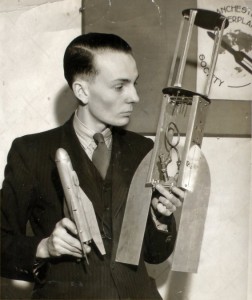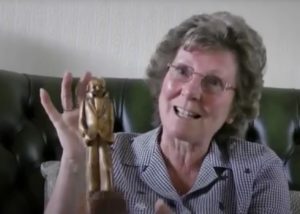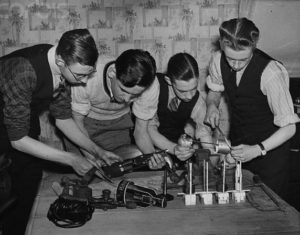
A short interview with Jim Revis recorded in London on 24th April during InfoSec 2013. In this interview, Jim talks about the evolving definition of Cloud Computing, the CSA’s Star Registry, the CSA’s Cloud Computing Security Knowledge certification, and his take on how Cloud Computing has evolved and is evolving.
During the interview, Jim refers to a collaborative program between the CSA and (ISC)2 to create a new professional certification in Cloud Security. More details here.
For my earlier post on CCSK with a downloadable full text PDF – see here
Podcast: Play in new window | Download (0.5KB) | Embed
Subscribe: Apple Podcasts | Spotify | RSS | More




